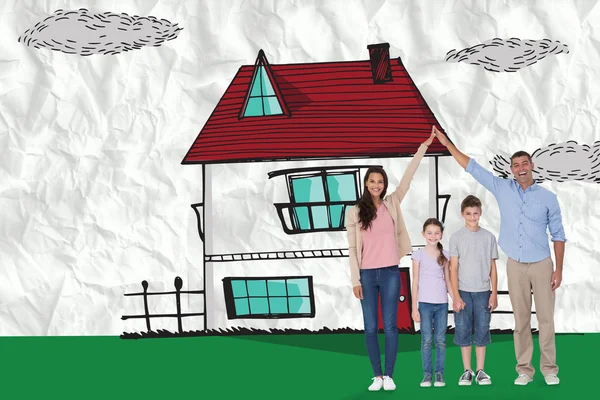


This suggests that families work in systems rather than groups of people who function independently of each other.Īccording to family systems theory, changes in one family member will influence changes in other parts of the family. Many approaches to family therapy stem from family systems theory. These issues could be emotional, psychological, or behavioral. The goal is to identify and address problems in the family. Psychotherapy: Understanding group therapy.Family counseling, or family therapy, is a method to develop and maintain healthy and functional family relationships. American Psychological Association.Īmerican Psychological Association. Effectiveness of cognitive behavioral group therapy for depression in routine practice.

When should you consider group therapy? The answer might surprise you. Group therapy for patients with chronic trauma–related stress disorders. Group treatment for substance use disorder in adults: A systematic review and meta-analysis of randomized-controlled trials. Group exposure therapy treatment for post-traumatic stress disorder in female veterans. doi:10.1093/clipsy.8.1.98Ĭastillo DT, C’de Baca J, Qualls C, Bornovalova MA. The efficacy of group psychotherapy for depression: A meta-analysis and review of the empirical research. Universality: Being part of a group of people who have the same experiences helps people see that what they are going through is universal and that they are not alone.Įzhumalai S, Muralidhar D, Dhanasekarapandian R, Nikketha BS.Interpersonal learning: By interacting with other people and receiving feedback from the group and the therapist, members of the group can gain a greater understanding of themselves.Seeing people who are coping or recovering gives hope to those at the beginning of the process. Instills hope: The group contains members at different stages of the treatment process.Imitative behavior: Individuals can model the behavior of other members of the group or observe and imitate the behavior of the therapist.Imparting information: Group members can help each other by sharing information.Group cohesiveness: Because the group is united in a common goal, members gain a sense of belonging and acceptance.Existential factors: While working within a group offers support and guidance, group therapy helps members realize that they are responsible for their own lives, actions, and choices.The setting is safe and supportive, allowing group members to experiment without the fear of failure. Development of socialization techniques: The group setting is a great place to practice new behaviors.They can also learn to avoid behaviors that are destructive or unhelpful in real life. Within the group, each member can explore how childhood experiences contributed to personality and behaviors. The corrective recapitulation of the primary family group: The therapy group is much like a family in some ways.Catharsis: Sharing feelings and experiences with a group of people can help relieve pain, guilt, or stress.Altruism: Group members can share their strengths and help others in the group, which can boost self-esteem and confidence.


 0 kommentar(er)
0 kommentar(er)
